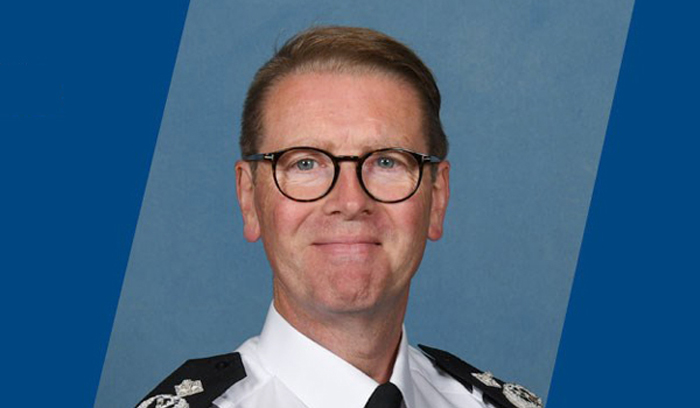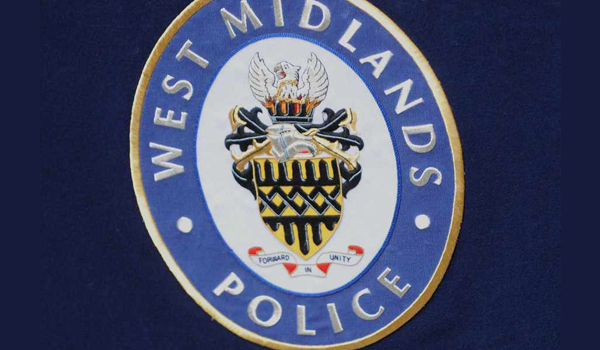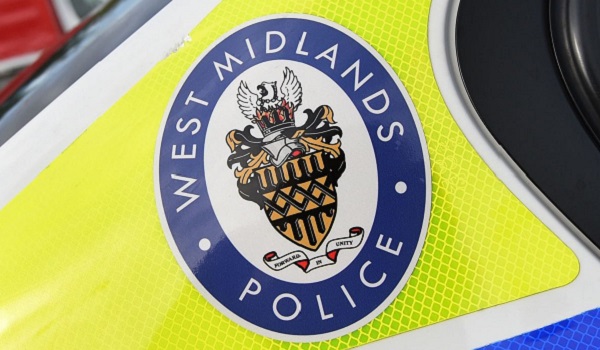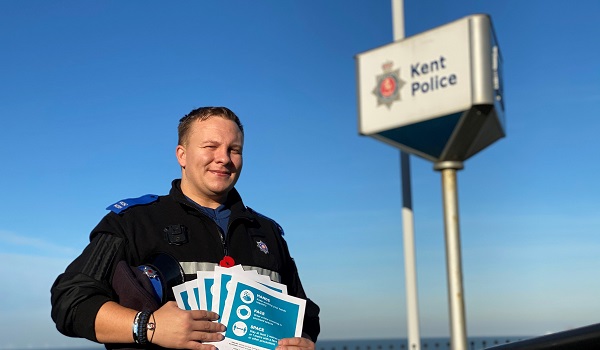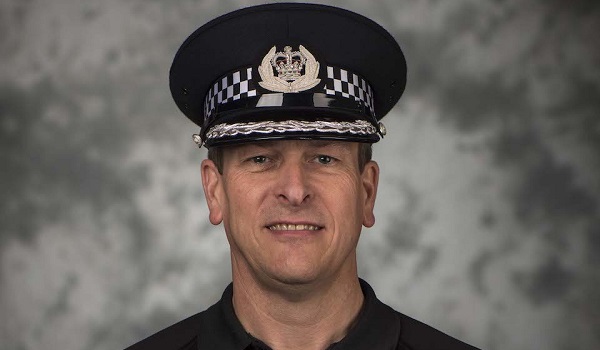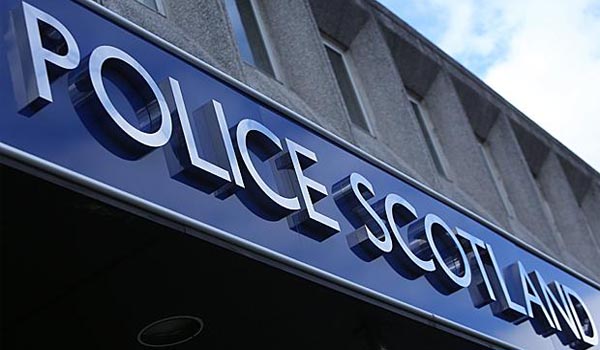Police Scotland introduces verification checks for lone officers
Police Scotland is introducing a verification process for ‘lone’ officers to provide reassurance to members of the public in the wake of the “horrendous murder” of Sarah Everard.
The new safeguarding measure allows a simple verification check to be made by anyone who may be concerned about whether or not they are being spoken to by a genuine police officer working alone.
Police Scotland says the move follows the “understandable public concern surrounding the horrendous murder of Sarah Everard” by serving Metropolitan Police Service officer Wayne Couzens.
On duty officers operating on their own will now proactively offer to carry out a verification check for anyone they come across who appears to be concerned for their safety. A member of the public can also request that a verification check be done.
Although police officers normally work in pairs and it is very rare for a lone police officer to approach a member of the public, there are occasions when this could happen, said Police Scotland.
The new process, introduced on Saturday, (October 2), will allow the officer’s personal radio to be put on loudspeaker and for an officer or member of police staff in a Police Scotland control room to confirm that the officer is who they say they are, that they are on duty and the reason the officer is speaking to the member of the public.
The control room will then create an incident number which can be displayed on the officer’s mobile phone or radio to confirm the broadcast message details.
“In the even rarer situation where a lone off-duty officer has to become involved in an incident, the officer will call 999 and allow the member of the public to speak to the control room on the phone. Uniformed colleagues will also be dispatched as quickly as possible,” said Police Scotland.
Deputy Chief Constable Will Kerr said: “The appalling circumstances of Sarah Everard’s murder have deeply affected people and many are now understandably concerned about verifying an officer’s identity.
“Public confidence and consent is critical to our legitimacy, and our ability to keep our communities and citizens safe.
“Police officers will, of course, continue to approach any member of the public who appears distressed or vulnerable, to offer support and assistance.
“However, although it is rare for a lone police officer to have to speak to a member of the public in Scotland, we absolutely recognise our responsibility to introduce an additional means of verification to provide further reassurance to anyone, in particular women who may feel vulnerable, and who might be concerned if they find themselves in this situation.
“The onus is on us, as a police service, to proactively offer this additional verification process to any member of the public who appears distressed, vulnerable or frightened.
“Police officers always carry photographic identification and will be happy to provide further reassurance about who they are and their reason for speaking with someone if requested.”


